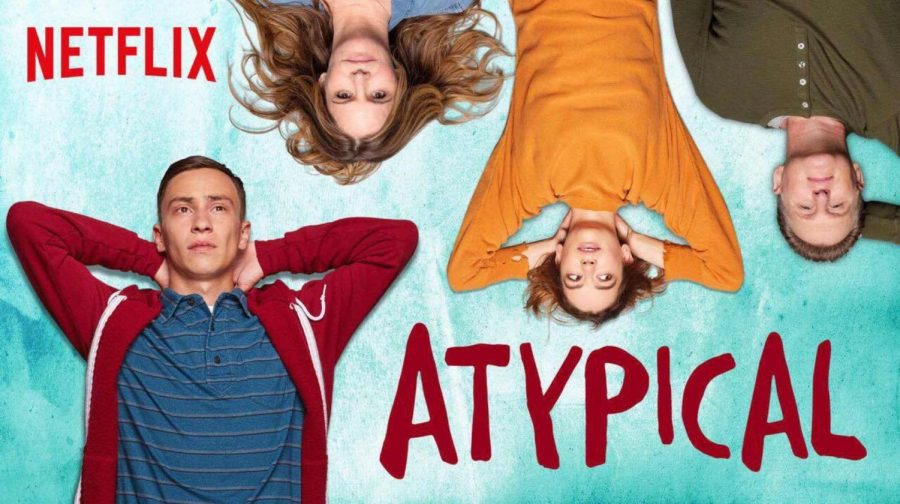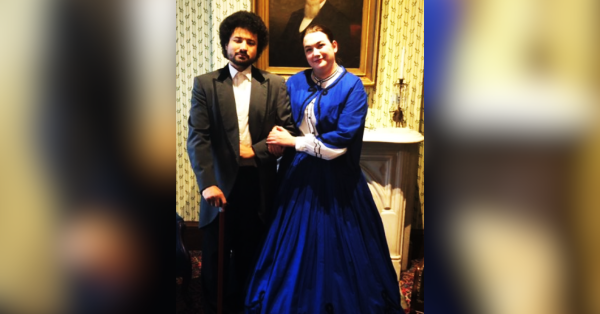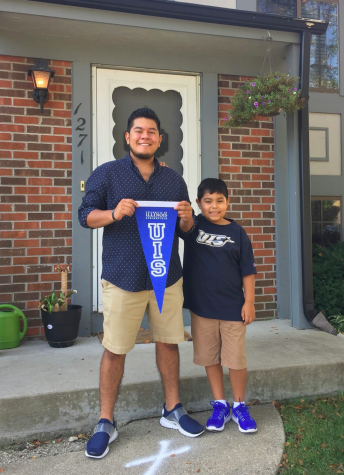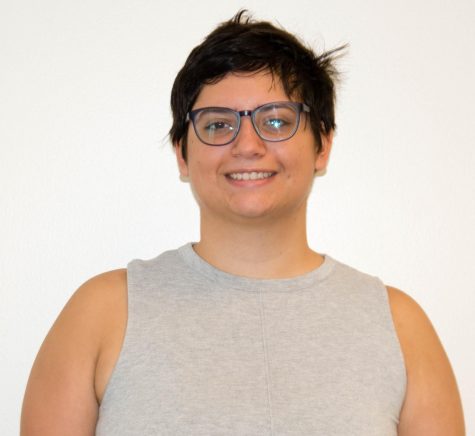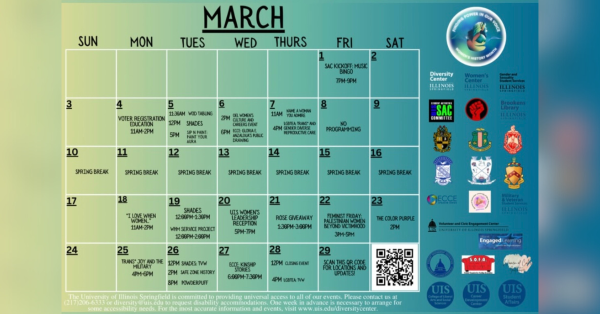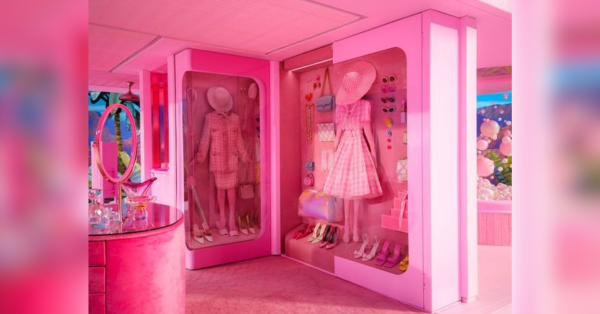An Atypical Perspective on Atypical Season 2
Two things must be said: first, this will not be a normal review, as it will be heavily rooted in my personal experiences as an adult with high-functioning autism. Second, every person’s experience with autism is unique, and my experiences and perspectives should not be taken as representative of every person with autism.
Atypical is a Netflix original dramedy about Sam Gardener, an 18-year-old with high-functioning autism, and his family, as they deal with the difficulties of Sam’s autism. For those who may not have read it, my review of the first season was rather scathing, being the first “one out of five” I’ve ever given. I can safely say that the second season is better than the first, though less because the problems of the first season have been solved and more because the problematic aspects get less attention.
By this, I primarily mean that Sam gets less attention, as he is the most problematic aspect of the show overall. Whereas Sam’s arc, if one could call it that, predominated the first season, the second season devotes a great deal more screen time to the rest of the cast. To say this decision was for the better would be the greatest of understatements. In the second season, Sam is still a central character, but the time is now split between his story line, his parents’ own independent story line and the saving grace of this series -his sister Casey’s story line.
As I mentioned in my previous review, Sam is, for the most part, a terribly-written, negative stereotype of a person with high-functioning autism. For the most part, he remains so here, he exhibits far too many symptoms that are far too pronounced to be realistic. While he admittedly does get a bit more characterization in this season than in the first, he largely remains an unlikable, selfish jerk. This is one of two points that I cannot stress enough: autism can make social relations difficult, but it does not make a person a selfish jerk. As previously said, most of the problems with Sam remain, but the smaller doses make them less prominent and easier to ignore as a result. Still, his relationship with Paige still comes off as incredibly toxic.
Giving credit where credit is due in terms of other issues with the show directly relating to autism, Atypical has now introduced eight actors who have high-functioning autism in the form of an autistic support group. I must give the show points for actual representation, and then
I must immediately take those points away for shunting them into the least representative and most inconsequential of parts possible. These characters are essentially used as window dressing for a few of Sam’s scenes and are never fleshed out as individuals outside of the assigned autistic trait they are meant to showcase. This could have been done much better. Had the show focused on the social interaction after the group meetings, it could have been used to show these characters as more than their autism. However, the show doesn’t want to talk about autistic people outside of their autism.
Aside from that, there is a storyline regarding Sam’s parents dealing with the fallout from last season’s affair that fleshes both out in a more mature way than I expected. Once again, Casey saves the day and her difficulties adjusting to her new school are by far the most relatable and engaging of all the storylines. Izzie is an absolutely fantastic addition as a character and potential love interest for Casey,
though the liar-revealed aspect of their storyline is as tired and irritating as such a cliché has always been. Still, Casey and the characters of her storylines remain the most enjoyable of the show and I very much hope they will continue to get more focus.
All in all, two out of five: better, but still not good.



